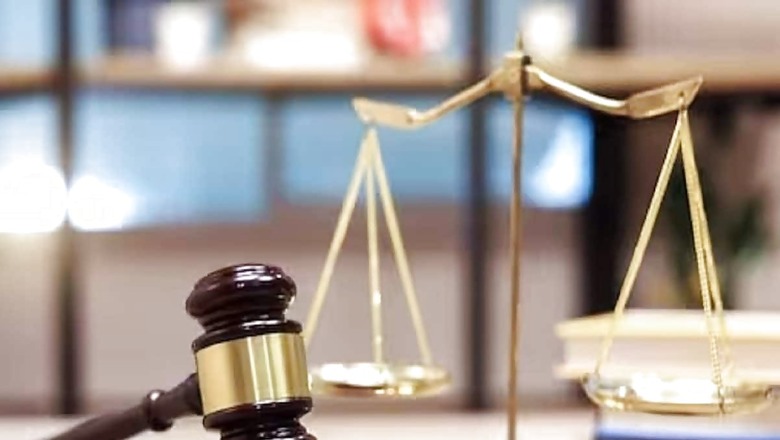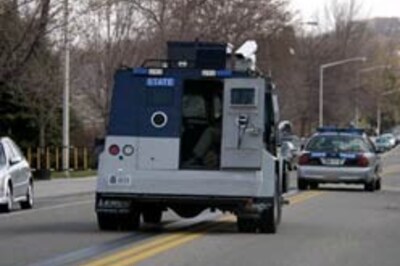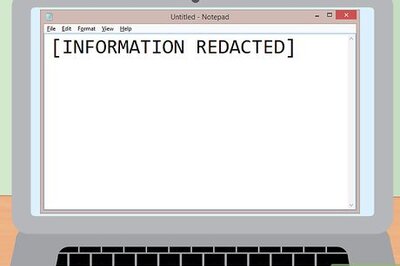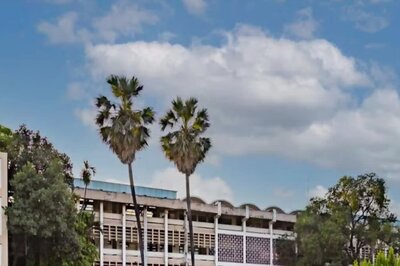
views
Highlighting the necessity of judicial prudence in handling corruption enquiries, the Kerala High Court (HC) has ruled that such unwarranted inquiries can tarnish the careers of public servants.
The court, presided over by Justice K. Babu, in response to a petition challenging an order by the Enquiry Commissioner and Special Judge in Thrissur, made the observation that “a Special Judge functioning under the PC Act must be conscious of his responsibilities and obligations. Even an unnecessary preliminary enquiry may cause a blemish in the career of a public servant. Unfortunately, in the present case, the Special Judge was not conscious of his duties and obligations”.
The case involved Muraleedharan K.V. (Respondent), a Deputy Collector who joined government service in 1987 and retired in May 2020. During his service, Muraleedharan faced several disciplinary proceedings, which were ultimately closed by the government in July 2022. Following this, he submitted a representation seeking promotion, which he claimed was withheld by certain officials in the General Administration Department, preventing its submission to the Union Public Service Commission (UPSC). Muraleedharan’s complaint to the Enquiry Commissioner and Special Judge, Thrissur, alleged a conspiracy by several officials, including the then Chief Secretary, V.P. Joy, and others, who he claimed demanded illegal gratification and withheld his promotion file. The special judge, in an order dated October 10, 2023, directed the Vigilance and Anti-Corruption Bureau (VACB) in Thrissur to conduct a quick verification, suspecting a prima facie case of misconduct. Furthermore, the special judge had made adverse comments against IAS officer A. Jayathilak.
The state, represented by Special Government Pleader A. Rajesh, argued that Muraleedharan had been considered for promotion to IAS since 1998 but was not recommended by various selection committees due to pending disciplinary proceedings and questions about his integrity. The state highlighted a history of disciplinary actions against him, including penalties and suspensions for various misconducts. It was also argued that Muraleedharan was known for filing frivolous complaints against government officials.
The court observed that the special judge had made unwarranted remarks against A. Jayathilak, the then Additional Chief Secretary, without any allegations from Muraleedharan. The court noted: “It is pertinent to note that the respondent/ complainant has not raised any allegation against Shri. A.Jayathilak I.A.S….The unwarranted observations happened to be recorded in the impugned order essentially for the following reasons:
- The Special Judge erroneously understood the facts.
- The light and casual approach of the Special Judge in dealing with a complaint alleging corruption against public servants.”
The HC criticised this approach of the special judge, highlighting the embarrassment it caused to Jayathilak, an extremely honest civil servant. Justice Babu stated, “It is the responsibility of this Court to ensure that a patently erroneous order or observation by the Special Judge does not tarnish the career of an honest civil servant. The observations in the impugned order are liable to be obliterated completely.”
The court further emphasised that “simply on a complaint which is not supported by any valid, credible material, an investigation could not be ordered by the Special Courts”.
The court concluded that the special judge’s order was “perverse, untenable in law, and, grossly erroneous and glaringly unreasonable”. The court quashed the order and all associated observations, clarifying that Muraleedharan’s allegations of illegal gratification were not credible given his history of disciplinary issues and the lack of a prima facie case.


















Comments
0 comment